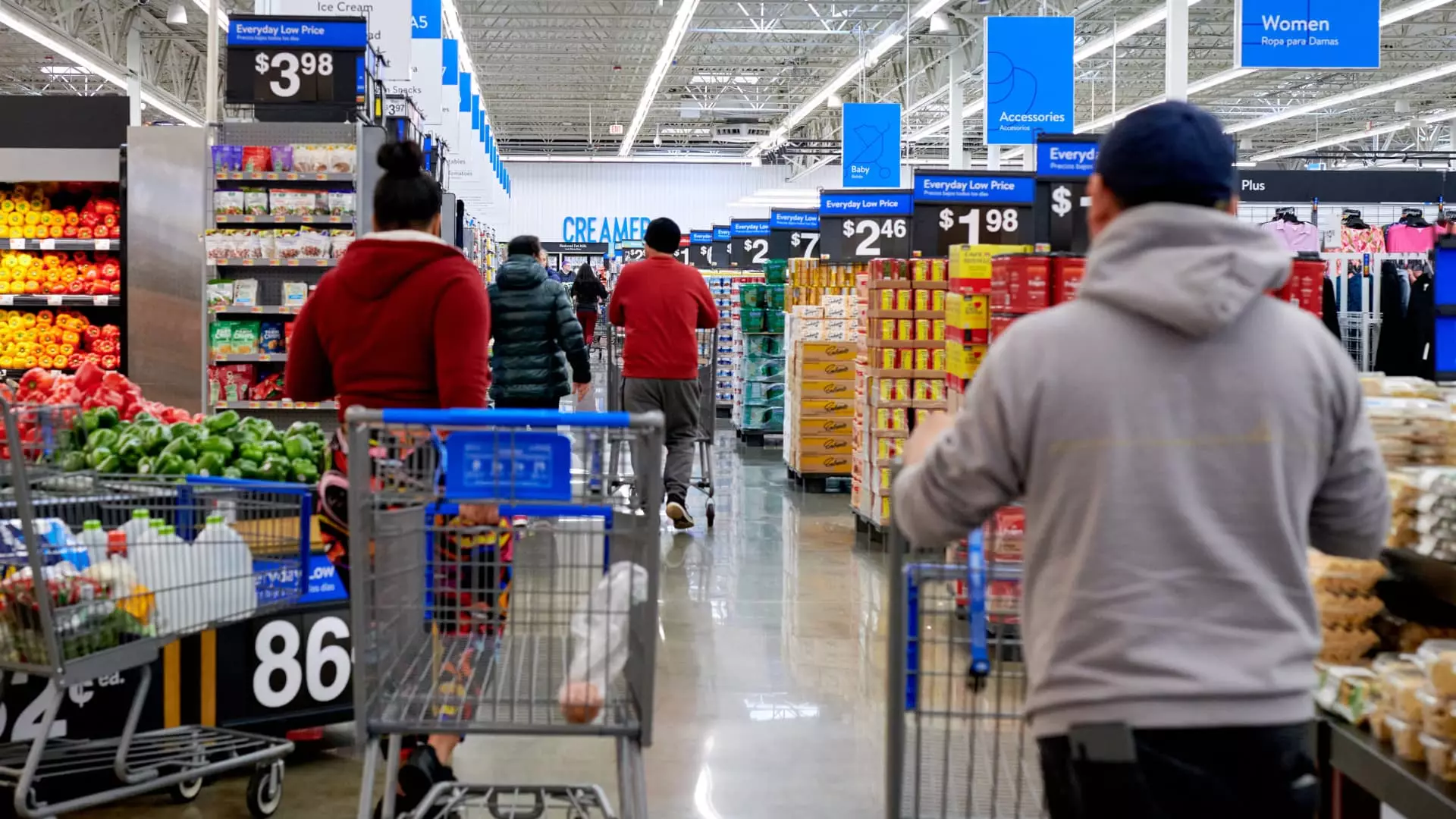Despite the U.S. economy showing remarkable strength, withstanding inflation and high interest rates, a recent survey by Affirm found that 59% of Americans believe the country is currently in a recession. This misconception is fueled by the challenges of higher costs and difficulties in making ends meet, leading many to believe that a recession started over a year ago and could persist until 2025.
Gene Goldman, chief investment officer at Cetera Financial Group, described the current U.S. economy as a ‘Goldilocks’ scenario, where the country has managed to expand post-Covid-19 pandemic, defying earlier recession predictions. The National Bureau of Economic Research defines a recession as a significant decline in economic activity spread across the economy for more than a few months, with the last instance occurring in early 2020. Despite the official stance, many Americans continue to face financial struggles due to rising prices, depleting savings, and increasing reliance on credit cards to meet expenses.
Economists have grappled with the disconnect between the actual economic performance and people’s perception of their financial well-being. JPMorgan’s chair of global research, Joyce Chang, labeled this phenomenon as a ‘vibecession,’ attributing it to the concentration of wealth creation among homeowners and higher-income groups. This leaves a significant portion of the population feeling left out and financially strained, particularly lower-income households. Despite the surface-level economic prosperity, the widening wealth gap is an alarming reality that cannot be ignored.
Amidst the perception of a recession, there are tangible signs of financial strain among consumers. The increasing difficulty in covering rising prices and higher interest rates has led to a rise in delinquency rates among credit card holders. The New York Fed reported that approximately 9.1% of credit card balances moved into delinquency in the second quarter of 2024.
While the U.S. economy continues to showcase resilience and growth, the prevailing misconception of a recession highlights the disparity between economic data and people’s lived experiences. Addressing the underlying issues contributing to financial strain and wealth inequality is crucial to ensuring a more inclusive and sustainable economic future for all Americans.

